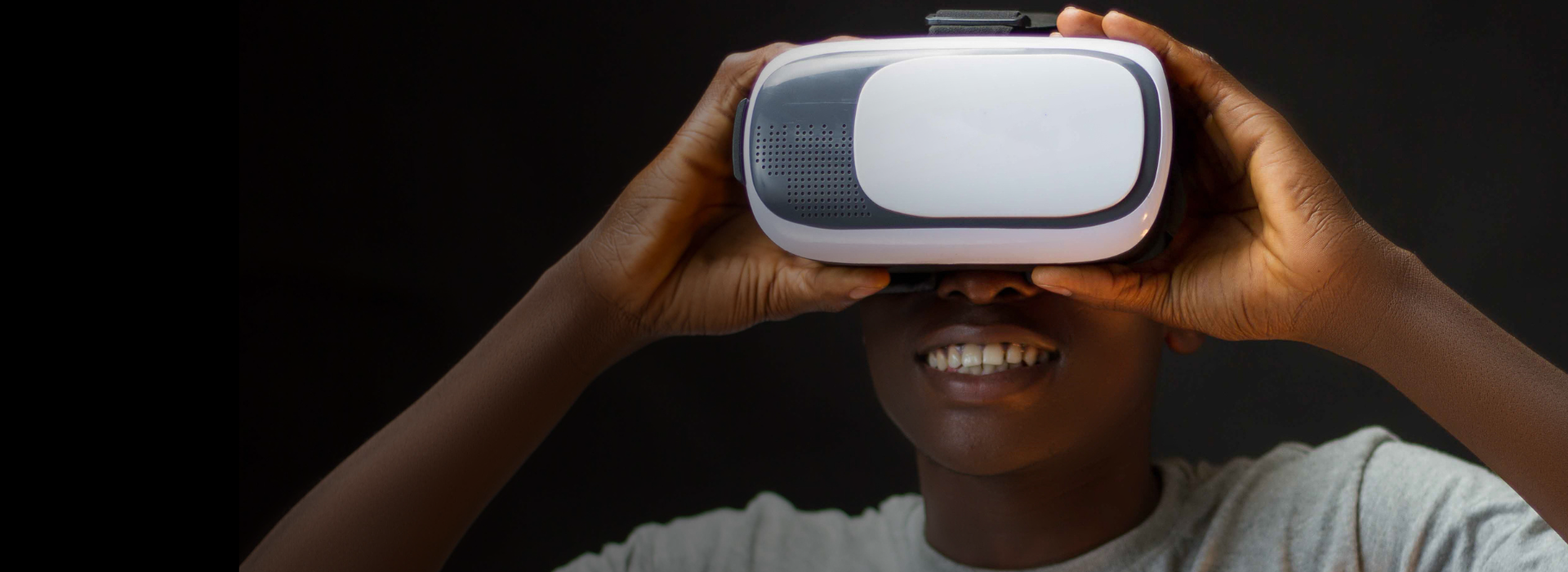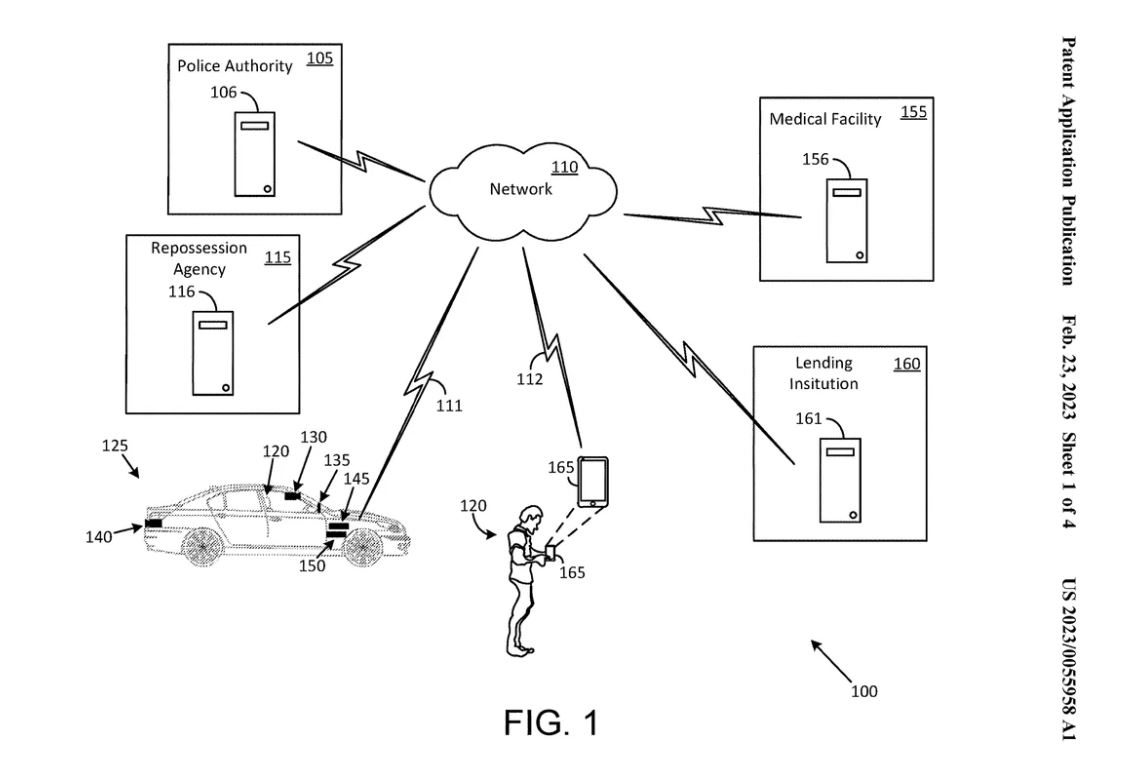What virtual reality can teach us about memory
April 6, 2023 | By Anthony Venutolo
You see, Ma? Video games aren't a waste of time. At least not for the neuroscientists at Rockefeller University who are using them to learn quite a bit about the brain.
According to a study published in Cell last week, mice that played virtual reality video games helped researchers find the part of the brain that may decide which daily events get stored in our long-term memories. Even though there's still a lot to learn, scientists are sure that the rodents' “fun" activities have helped them find key memory-making processes and locations.
Before we conjure images of mice with fancy little VR headsets scurrying through the landscapes of "Myst," let's level set. The rodents ran on a rotating Styrofoam ball during their VR sessions, moving along a virtual hallway displayed on a screen in front of them. They encountered one of three real-world outcomes in the last room: unrestricted access to sugar water from a spout, a few drips of sugar water from the same spout, or a harmless puff of air.
“We structured the virtual reality tasks so that they required a lot of engagement from the mouse in order to start the trial, run through the mazes and get the rewards,” Josue Regalado, a co-leader of the study told Eurekalert. “The more explicit and cognitive the task, the more we’re able to look at how the different brain regions are engaged.”
Moving forward, the researchers said they want to find out whether or not the thalamus — the relay station of all incoming motor and sensory information in the brain — is involved in the process of deciding how well memories are retained by the body. In addition, scientists want to determine if the process of memory consolidation takes place over a brief period of time, or continually over the course of an individual's entire life.
There’s still much to learn, the study's senior author Priya Rajasethupathy told Eurekalert. “We think something like adrenaline or dopamine might be helping the thalamus to say, ‘Okay, this memory is important to me, that’s not as important.’ And we still don’t understand how punctuated or continuous the memory stabilization process is, whether it occurs in one or a few steps or evolves continuously over a lifetime.”
A car that repossesses itself?
Here's yet another job that tech may send to an early grave: The repo man. Ford applied for a patent with the United States Patent and Trademark Office for its technology that will, er, encourage people to pay their auto loans by remotely disabling components of the vehicle, including the engine, or even directing autonomous vehicles to drive themselves to a location where they could be towed. While the patent was filed back in 2021 and published in February, The Drive broke the news last month.

Delinquent drivers first could be inconvenienced by nagging notifications on owners' smartphones and dashboard panels, followed by the loss of functions such as cruise control, GPS or air conditioning.
After that, if payments still aren’t made, drivers could face progressively more annoying tactics. For example, while the owner is in the car, the audio might be set to "emit a constant and disagreeable sound.” Once a driver is outside, door locks could also be activated and unable to be unlocked.
That said, transportation could also be prohibited. The patent says that the tech would limit the vehicle's use so that it can only be driven to and from work, as well as to the grocery store and school drop-off. In the worst-case scenario, a self-driving car could direct itself to the repossession lot.
A Ford spokesperson told NPR that it has no plans to put the concepts in the patent into practice: "We submit patents on new inventions as a normal course of business, but they aren't necessarily an indication of new business or product plans."
So, while Ford's idea for a car that repossesses itself might never get the green light, some of the other ideas in the patent could. In a similar move, some automakers are already starting to dabble in features that can be remotely turned on and off, like a subscription to heated seats.
Robo nurse to the rescue
Researchers at the Munich Institute of Robotics and Machine Intelligence recently showed off Garmi, its new robo-helper. It’s named after the ski resort town of Garmisch-Partenkirchen — the town has one of the highest percentages of older adults in Germany. It’s also where the institute’s geriatronics unit is based. Geriatronics is a relatively new field that develops cutting-edge technology aimed at helping care for older people.
With Garmi, doctors could also check on their patients remotely, which could be especially helpful for people who live in isolated areas. The robot could also theoretically be used in homes outside of hospitals to provide assistance to older patients with such tasks as opening bottles, receiving meals or facilitating video conversations with family.
While Garmi is not the first attempt to provide useful robotic support for older people, implementing such assistance remains challenging. Despite difficulties, experts like Abdeldjallil Naceri, the lead scientist of the lab, thinks robots like Garmi are a sheer necessity.
"We must be able to integrate this kind of technology into our culture," he told Agence France-Presse. "We must get there; the statistics are clear that it is urgent.”